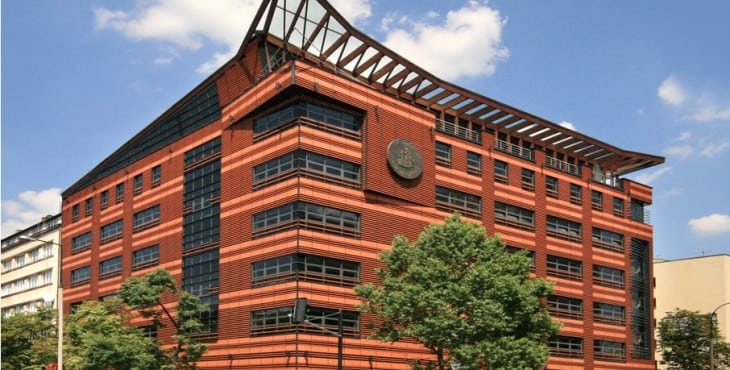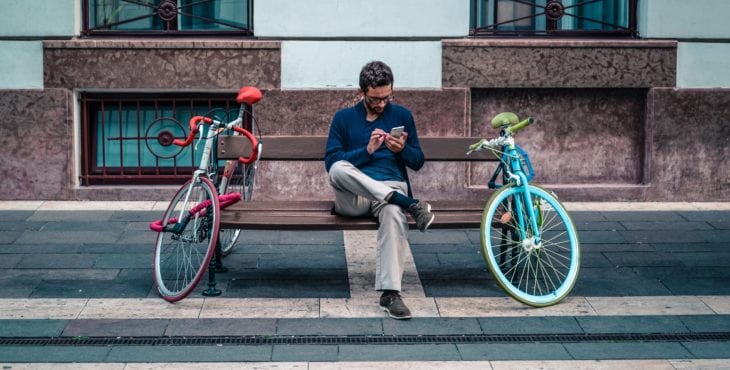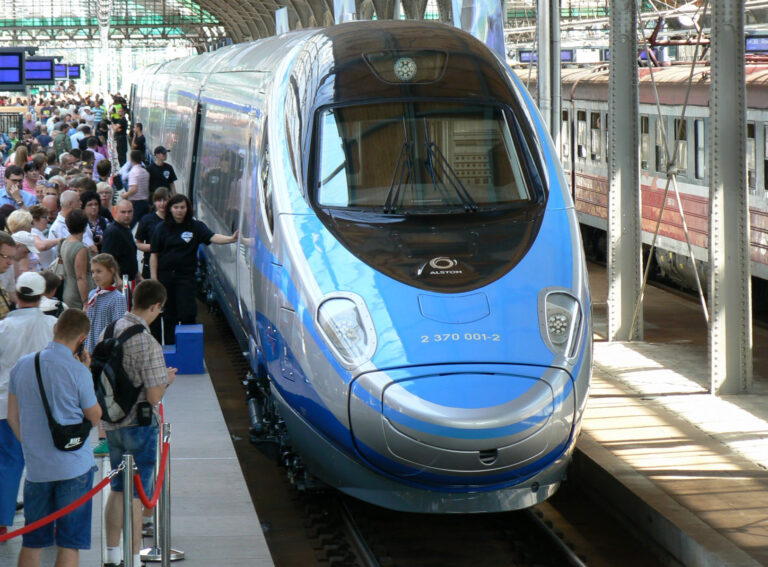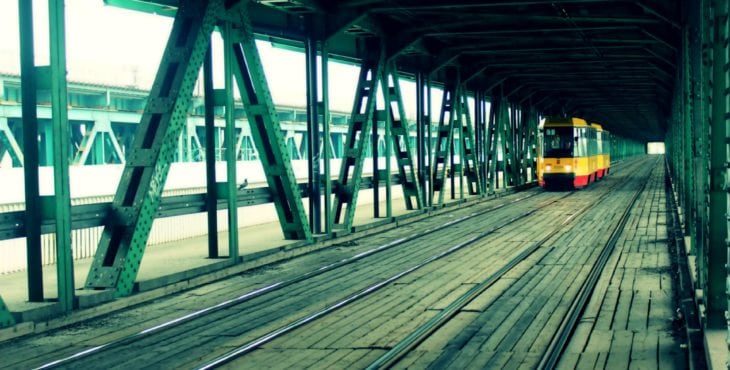Once a year there’s this special day when you need to watch yourself and constantly be making sure you don’t get pranked. Who knows, maybe in some cases you can’t even trust yourself as during this particular day almost anything is possible. You probably already know what we’re talking about – April Fools’ Day. Although it a universal phenomenon we want to make sure that you come fully prepared for your first Polish April fool’s day experience. What does it look like in Poland? Let us tell you all the truth about it. First, of all – you can trust us, we won’t make a fool of you and all the information below isn’t from our imagination.
April Fools’ Day – Prima Aprilis
The 1st of April is not a national holiday but is widely recognised and celebrated in various countries. Although, you should know that in some parts of the world it’s not the only day when people play jokes on themselves, for example, In Denmark, people do the same thing on 1st of May (it’s called Maj-kat”, meaning “May-cat”). Not mentioning Spain and Latin-American countries, which have the 28th of December as their day for practical jokes, which is called ‘ The Day of the Holy Innocents”. Maybe, during these other occasions jokes are less frequent, but that doesn’t mean you can lower your guard and stop being careful. Thankfully, in Poland, we just stick to the 1st of April.
We will probably disappoint you, April Fools’ Day in Poland isn’t much different to other countries, so it’s hard to tell you about anything special or unusual that happens during this particular day (though maybe the usual is something usual, huh?). What we want to do, is to give you a few pieces of advice as to how you should behave and prepare a list of a few possible jokes you can play on your Polish friends.
How to survive list
Rule #1 – Don’t trust anyone. We mean it.
Rule#2 – If someone suddenly changes the place or time of an appointment, keep in mind that it might be a trap.
Rule#3 – If someone tells you about something you’re not sure whether its true. It might be better if you just laugh out loud straight in his/her face saying – ‘nice joke’. Even if this person is telling the truth, and there’s nothing to be revealed, you’ve just increased your chances of not being tricked.
Rule#4 – Forget about newspapers, news on the Internet, TV, radio etc. – most of the headlines are fake.
Rule#5 – If you have flatmates or roommates – check every single thing you normally use twice, without hesitation, poking them with a broom or other objects might look weird, but it might save your life.
Rule#6 – Before you enter a room, look carefully at the place from a distance, and enter the premises slowly and carefully.
Rule#7 – If given something to eat, examine it closely. If you have a chance, make your friend eat it first. That rule applies to drinks as well.
Rule#8 – Your friend sends you to see the sea in Szczecin? Don’t trust them, there’s nothing like that there.
Rule#9 – Have Fun! Even if you’re tricked, don’t be mad for too long and appreciate your friends’ jokes.
Rule#10 Take revenge. You can make your own plan in advance or right after you get pranged (don’t forget about your smile, right after the joke is made on your – visible signs of revenge can make your friends careful!)
Jokes List:
#1 Turn the clock back at your victim’s place or on your victim’s device.
#2 Change the someone’s phone number on your victim’s mobile or switch it with a number to some unexpected place and make them dial it.
#3 Make a print screen of the desktop of your co-worker PC and hide the taskbar. See what happens.
#4 Hire a kid to show up at your friend’s place when his girlfriend is there, let him/her pretend that they are his son or daughter.
That’s basically it. We hope you won’t get tricked too badly and you will be the one who cleverly tricks others. We’re glad that you will spend this particular day in Poland – a land of polar bears, vodka trees, constant winter and magic spells. PS Click here to see how the Polish president tricked almost everyone in Poland on TV.
If you find the jokes that Polish people put on each other quite weird, you will be surprised to find out these Read More

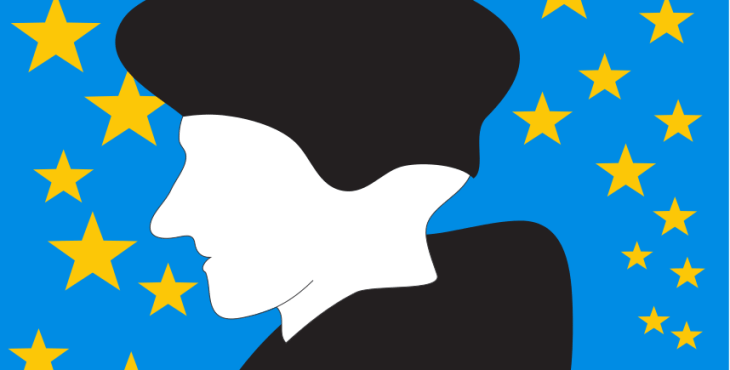

 Gdynia Maritime University is situated among picturesque hills of the beautiful new town of Gdynia situated in the north of Poland at the Baltic Sea. Gdynia Maritime University is the university with a long and rich history, proudly continuing the 93-year-tradition of maritime education in Poland. Nowadays, Gdynia Maritime University has a high and well-established position, not only among Polish public academic schools but also among prestigious maritime universities and academies.
Gdynia Maritime University is situated among picturesque hills of the beautiful new town of Gdynia situated in the north of Poland at the Baltic Sea. Gdynia Maritime University is the university with a long and rich history, proudly continuing the 93-year-tradition of maritime education in Poland. Nowadays, Gdynia Maritime University has a high and well-established position, not only among Polish public academic schools but also among prestigious maritime universities and academies.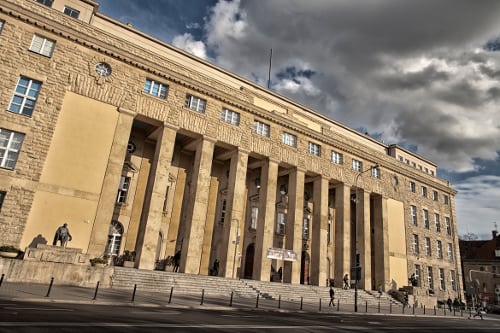
 Poznan University of Economics (PUE) lays great emphasis on the internationalisation of education and research. It offers specialisations taught in English, Doctoral Seminars in English as well as blocks of lectures delivered in foreign languages – most of them taught in English, some in German, French and Russian.
Poznan University of Economics (PUE) lays great emphasis on the internationalisation of education and research. It offers specialisations taught in English, Doctoral Seminars in English as well as blocks of lectures delivered in foreign languages – most of them taught in English, some in German, French and Russian.